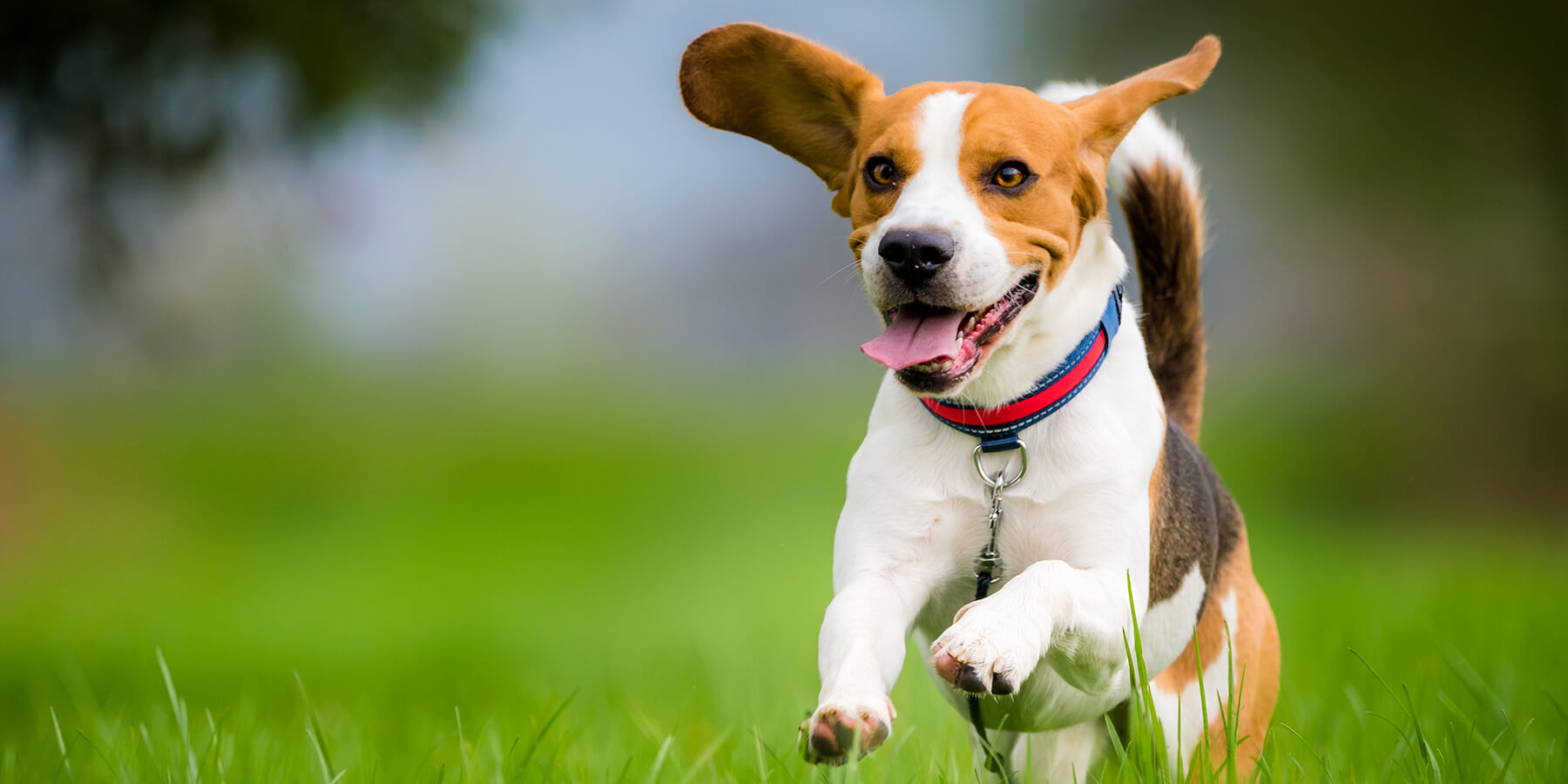When it comes to our own diets, we know the importance of having plenty of fibre – for a healthy gut, and optimal digestion. However, does the same apply to dogs? And if so, how much fibre does your dog need? Here’s a quick overview.
WHAT IS FIBRE?
Fibre is the indigestible parts of plants, fruits and vegetables. It is indigestible, meaning it cannot be broken down by the digestive enzymes in the body and so passes through the small intestine. Fibre keeps digestive systems healthy.
Put simply, dietary fibre is roughage, a food source for the large intestine. Fibre can be classed as soluble or insoluble. Soluble fibre absorbs water, turning into a gel like substance, which is digested by bacteria in the large intestine. Insoluble fibre does not dissolve in water, and passes through the colon intact, thereby bulking stools and helping transit time. In pet food, examples of fibre sources are beet pulp, chicory root, inulin, cellulose, alfalfa, gums and pectin.
DO DOGS NEED FIBRE?
While fibre itself is not an essential nutrient for dogs (or cats), too little or too much can significantly impact on their stool quality, consistency and volume.
Dietary fibre promotes good digestive health, regulating bowel movements and preventing constipation or diarrhoea. Dietary fibre can also provide food for gut bacteria, and when a prebiotic fibre is eaten, it can favourably change the bacterial mix in the gut, thereby promoting the number of healthy gut bacteria.
DO I NEED TO ACTIVELY INCREASE MY DOG’S FIBRE INTAKE?
Just like with human nutrition, balance is key. A diet without any fibre can result in diarrhoea in dogs, whereas a large amount of fibre can mean large, bulky stools.
It’s why, with all of our Ivory Coat products, we carefully select our ingredients and craft our recipes to ensure our foods always support good gut health. We now offer both grain-free and wholegrain pet food, which includes nutrient-dense brown rice and oats, which provide fibre for healthy bowel function.



